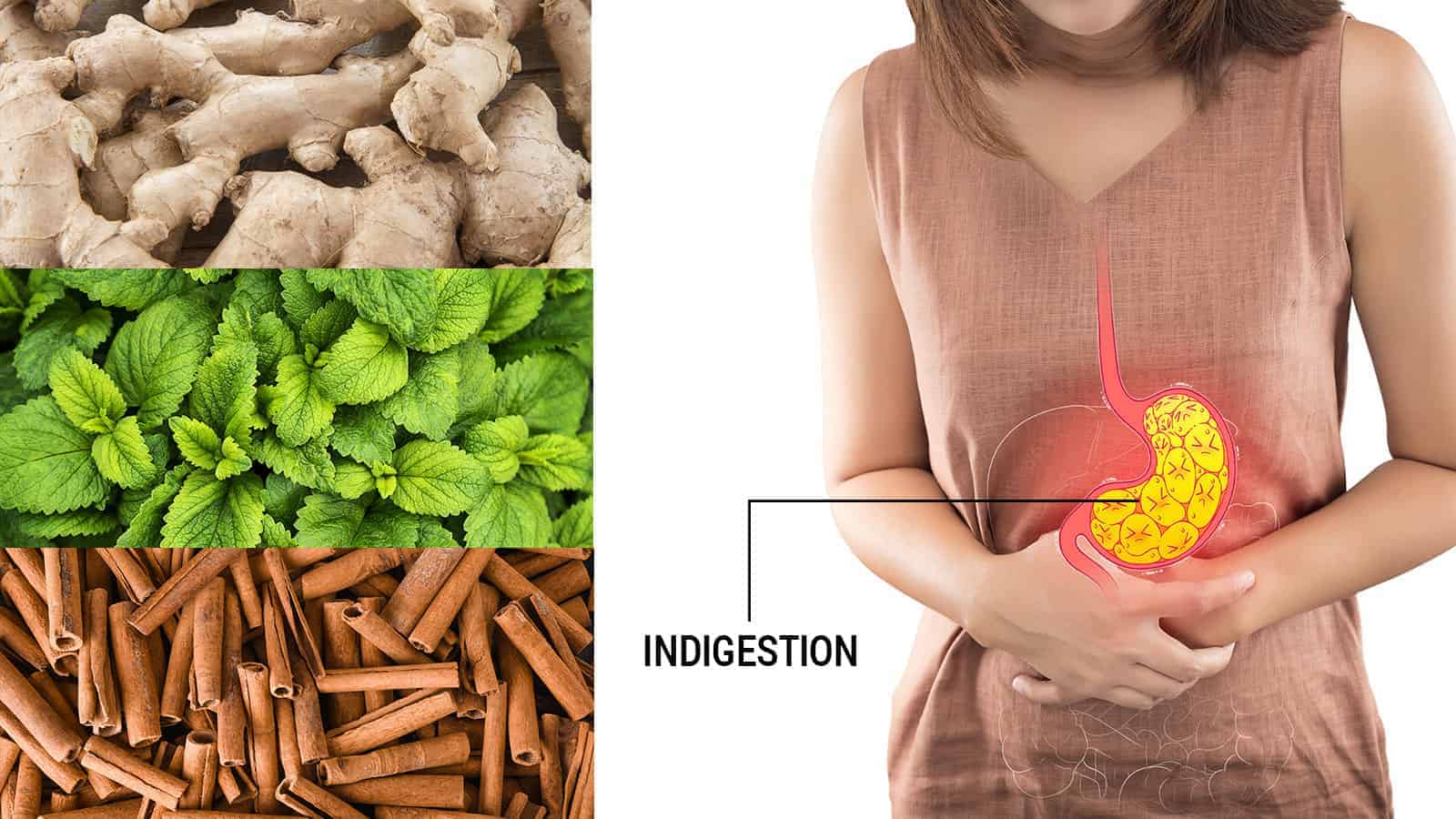There are few things in life as uncomfortable as nausea and vomiting. Have you ever wondered what causes you to vomit? It’s all done by a signal from your digestive system to your brain.
When irritation or illness attacks your stomach, then it signals that you must empty the contents quickly to bring relief. The result is vomiting or diarrhea, and sometimes they occur together. There are many conditions that will cause you to vomit, and none of them are pleasant.
13 Things That Might Trigger Vomiting
Here are the most common reasons why you may be purging.
1. Stress and Anxiety
Have you ever been told that you have a nervous stomach? The gut-brain connection is something that is just beginning to be understood. However, when you’re under stress, in fear, or experiencing anxiety, then it can affect your stomach.
Many people who find themselves in distress can experience either vomiting or diarrhea. Additionally, you may dry heave and be unable to purge thoroughly, which is another common complaint with anxiety. The same hormones that increase during stress, which are adrenaline and cortisol, divert blood flow from your gut.
When you’re not getting the proper amount of blood to your vital organs, your abdominal muscles will clench, causing you to purge any foods in your gut. If you struggle with anxiety, then you should try some rhythmic breathing or other coping mechanisms to reduce your urge to purge.
2. The Stomach Bug
The common stomach bug is officially called viral gastroenteritis. Though there are several strains of this illness, it’s very contagious. It’s a form of influenza that affects the gut, but it’s not the same illness as the flu, which stems from your respiratory system.
The stomach flu will cause your intestines to become inflamed. You may experience aches all over your body, purging, diarrhea, fever, and chills. Thankfully, this condition clears up within a few days without medical intervention. It would help if you kept a close eye on your fluid intake as it’s easy to become dehydrated.
3. Motion Sickness
There’s nothing worse than having motion sickness. It can occur when you are on a boat, plane, or traveling by car. These awkward sensations occur when the central nervous system is receiving scrambled requests from the sensory system. For instance, the inner ear controls your balance, but it may not be able to register your flow of movement due to your body being in motion.
Have you ever turned your head while driving in a car and suddenly felt nauseous or dry heaved? It’s because you confused the signals by the rapid movement. Your inner ear works closely with your brain to keep your balance correct. However, any rocking or sudden jolts can throw everything off.
When you have motion sickness, you will feel queasy in your stomach, have cold sweats, vomit, or get diarrhea. You can combat this problem by drinking some ginger ale, chewing gum, or taking an over-the-counter supplement before you get on a boat or plane. Thankfully, this is a short-term problem that almost always dissipates hours after the trip.
4. C. Difficile Infection
C diff is a bacterial infection of the intestinal tract that occurs after taking a round of antibiotics. When you take medicines, your body has an unharmonious balance of good and bad bacteria. Some call it antibiotic-associated colitis.
This condition causes vomiting, cramping, diarrhea, and fevers. If you have a weakened immune system, you may be more susceptible to this type of infection that those with healthy ones. Another round of antibiotics is the course of treatment for C diff.
5. Food Poisoning
There are precise protocols for cooking and handling food. It’s quite easy for food to become contaminated with bacteria or a parasite. Every year in the United States, more than 48 million people are diagnosed with this illness.
The bacteria goes straight to the gut, and it’s almost instantly rejected by the stomach. Symptoms are usually diarrhea, nausea, vomiting, cramping, and cold sweats. Thankfully, the symptoms don’t last too long, and most cases resolve within a couple of days.
6. Ulcers
Ulcers are sores that form in the stomach lining or the digestive system. They can be caused by many things, including poor diet, stress, drinking excessive alcohol, and cigarette smoking. These sores cause diarrhea, purging, nausea, and indigestion. While painful, ulcers can usually be easily treated.
7. Pregnancy
Nausea, vomiting, and pregnancy go together. During the first 16 weeks of your pregnancy, you may notice some uncomfortable sensations due to the hormonal changes.
Specific smells can cause a condition called hyperemesis gravidarum, which is constant nausea and the urge to vomit. Some women will vomit several times a day, and some women will become dehydrated from excessive purging.
You can relieve the symptoms by eating saltines or other salty foods as well as eating small, frequent meals. Thankfully, this condition usually passes once you get further along in the pregnancy.
8. Cyclic Vomiting Syndrome
It’s possible to have severe vomiting without a real cause. These episodes can last for many hours or even days. There is no real reason for them, and it’s a medical phenomenon.
Some believe they are a product of stress, while other experts feel they are caused by a family history of migraines. Those who suffer find relief in avoiding products with caffeine or dairy products like cheese.
9. Overeating
Your stomach was only made to hold so much food. If you overeat, then it can fill up this pouch and overtime extend the area. You can feel stuffed, feel the need to vomit, or have acid indigestion. It’s always best to eat smaller portions more frequently than to eat a big meal.
10. Crohn’s Disease
Crohn’s disease is a horrible condition that is caused by an inflammation of the bowels. People suffering from this condition may feel dizziness, cold sweats, vomit, have diarrhea, and intense stomach pain. Since this disease is severe, it’s essential to be under the care of a doctor to minimize the effects.
11. IBS or Irritable Bowel Syndrome
IBS and Crohn’s disease are quite common conditions, and they are very similar to each other. Both illnesses are caused by irritation in the stomach and bowel lining. With IBS, certain foods trigger uncomfortable symptoms, such as fried items.
The person suffering from IBS will often have an urge to vomit, stomach pangs, and watery diarrhea. They often need to stay close to a bathroom as their bowels become unpredictable when eating certain things.
12. Heavy Metal Poisoning
When there is an accumulation of metal in the body, it can cause positioning to the blood. There are many ways that you can have toxic amounts of minerals, and they include pollution, industrial exposure, foods, or exported items.
The most common types of metal poisoning are arsenic, cadmium, mercury, and lead. When these substances are in abundance in the body, it can cause diarrhea, purging, stomach pains, muscle weakness, and nausea. It’s typically easy to identify this type of poisoning with some routine testing.
13. Cancer
Cancer causes the body to be in a state of unrest. The malignant cells can cause a great disturbance in the digestive tracts. Additionally, cancer treatments, like chemotherapy, can also cause the stomach to be irritated and want to expel any contents.
Final Thoughts: Stop the Vomiting or Seek Help
While most of these conditions have tips and tricks of things you can do to ease the need to vomit, there are also some home remedies that you should explore.
- Stay Hydrated – You mustn’t lose too many fluids, or you will have a whole other set of issues. Make sure to slowly sip some water or broth to keep your levels adequate. Also, sports drinks can help to balance your electro lights and keep you from becoming dehydrated.
- Watch What You Eat – Once you begin to eat again, you need to avoid spicy foods and other irritants. Try bland things like toast, soft-boiled eggs, saltines, bananas, and apple sauce.
Knowing when to see a doctor is vital. If your child has these issues, then you need to make sure that you pump them full of fluids. Children tend to dehydrate quicker than adults. Signs of dehydration can include dark urine, confusion, fevers, dry skin, sleepiness, rapid heartbeat and breathing, and feeling faint.
A wide variety of conditions causes nausea and vomiting, but the key is to identify the issue and take immediate steps to rectify it. In cases like influenza, you must wait until the virus passes to feel relief.



















